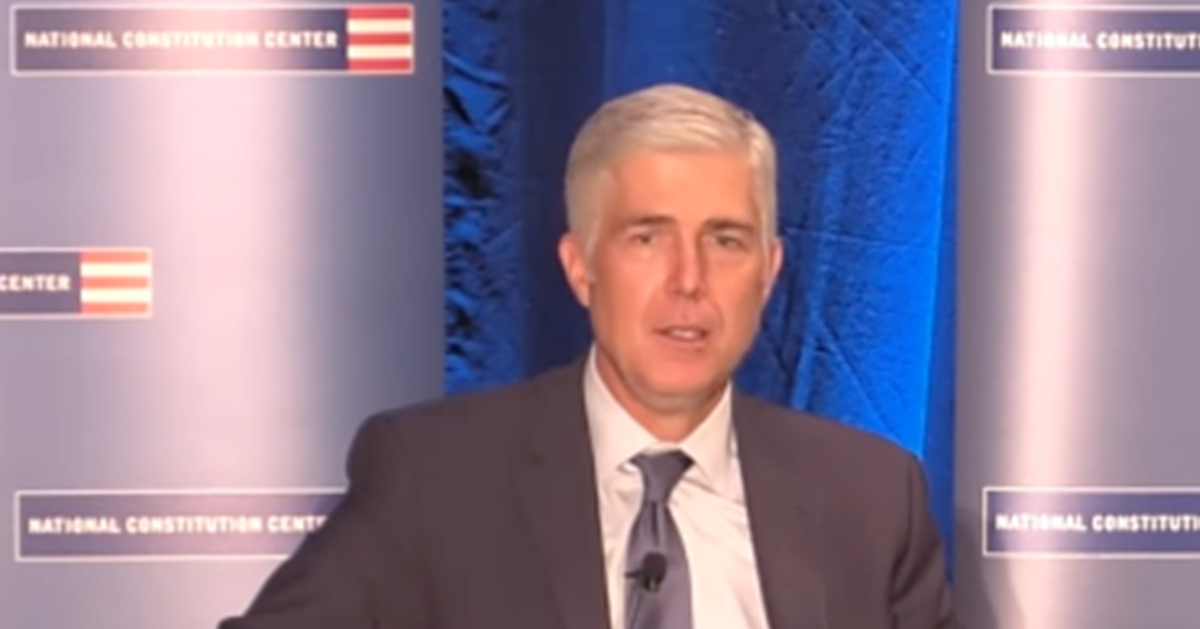Harris Campaign Could Face Internal Tension if Polling Dips
Axios reporter Alex Thompson has suggested that internal tensions may arise within Vice President Kamala Harris' presidential campaign as polling results continue to fluctuate.
While Harris has found some success in national polls, recent swing state surveys show a more challenging outlook, with former President Donald Trump gaining a lead in key battleground states, and cracks may begin to show if numbers dip further, as Fox News reports.
Thompson described the Harris campaign as a coalition of staff from various political factions, including figures from President Joe Biden’s team, Harris’ own advisors, and seasoned operatives from former President Barack Obama’s 2012 re-election effort.
According to Thompson, these groups do not always share a seamless working relationship, which could be tested if polling starts to reflect a downward trend.
Tensions Among Campaign Teams Could Emerge
Although national polling indicates that Harris is maintaining momentum, recent swing state data from the New York Times/Siena College presents a more concerning picture. Trump currently holds leads in crucial states such as Georgia, North Carolina, and Arizona. This discrepancy between national and swing state results could create unease within the campaign, Thompson noted.
Harris’ team is reportedly aware of these dynamics. However, they are currently choosing a strategy that involves limiting her media exposure, a move designed to allow Trump to remain the focal point of political discourse.
"That’s part of the reason also why they are not doing interviews," Thompson said. "They feel that they can still coast, and let Donald Trump be the main character, and possibly still win."
Harris Team Faces Criticism Over Media Approach
Since securing the Democratic nomination, Harris has largely avoided extensive interviews, aside from appearances on CNN and with Black journalists. Her campaign has primarily focused on local radio engagements. The limited number of interviews has sparked some concern, but campaign insiders are downplaying the issue.
Brian Fallon, a key Harris campaign strategist, has argued that the lower interview count should not be overanalyzed. "People should not read too much into what some have described as a shortage or a lack of interviews in the first six weeks of the campaign," Fallon said. He emphasized that Harris had already engaged in a heavy rotation of media appearances during her time as vice president, and that this could change as the campaign progresses.
Fallon Defends Harris’ Media Strategy
Fallon asserted that Harris had participated in over 80 interviews earlier in the year, across various platforms, including television, print, and talk shows. He suggested that this earlier media engagement is a predictor of how the campaign will operate in the remaining 50 days leading up to Election Day.
Despite this defense, Thompson pointed out that internal friction could grow if Harris’ polling numbers continue to stagnate or decline, particularly in critical battleground states. "As long as the polls are good, then things are going to keep going well," Thompson said. "But if the polling ever turns south, there are a lot of, sort of, subtle tensions within this world, and you could start seeing some subtle finger-pointing."
Uncertainty Looms Over Key Swing States
Harris’ campaign finds itself in a precarious position as it navigates both national optimism and swing state anxiety. The decision to minimize her media presence may be a calculated risk, designed to keep the focus on Trump. However, as the electoral map tightens, the campaign may need to reconsider its strategy.
Thompson underscored the potential for internal conflict, explaining that Harris’ campaign is made up of a patchwork of different advisors and staff from various political camps. The cohesion of this team may depend heavily on positive polling numbers, but those numbers are showing signs of vulnerability in key regions.
Campaign Struggles with Balancing Act
The Harris team continues to project confidence, emphasizing their status as the underdog in the race. This messaging could help manage expectations and keep morale high, even if poll numbers remain inconsistent. However, the pressure is clearly mounting as Election Day draws near, and swing state polling becomes increasingly critical.
Despite some turbulence within the campaign, Harris remains focused on her path forward, limiting media exposure while relying on her past record of media engagement to address concerns. Fallon, in particular, has reassured supporters that the campaign will shift gears as the election nears, reintroducing a heavier media schedule in the final stretch.
Conclusion: Polling Holds the Key to Campaign Unity
The Harris campaign is at a critical juncture, facing both national optimism and challenges in key swing states. While the team has chosen to minimize interviews, this strategy could shift as polling pressures grow.
Tensions may arise within the campaign if these polls take a downward turn, particularly as a diverse team of Biden staff, Harris advisors, and Obama operatives work to maintain cohesion.
As the campaign moves forward, the balance between managing public perception and internal unity will be crucial.



